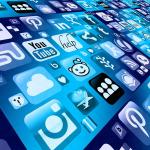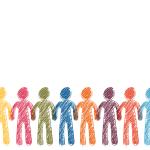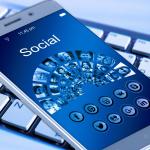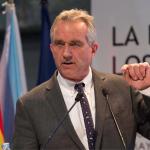Social media has fundamentally changed how we communicate with each other.
social media
It was a problem for years. First thing in the morning, I would shut off my phone alarm, open the Twitter app and begin scrolling through my timeline before reluctantly getting out of bed to be productive.
In the abstract, fact-checking seems like a noble practice.
“Trust between humans relies on a frail and strange notion of shared experience, absurdity and vulnerability. Indeed, it’s surprisingly difficult to articulate exactly what trust is.
Social media giants like Facebook, Twitter, and YouTube have promised over and over again to combat the spread of fake news, particularly if it leads to harm.
Chronicling the ongoing, stunning decline of the New York Times from America's newspaper of record to a malicious, partisan rag unworthy of the paper it's printed on is something of a hobby of mine.
Well, this is certainly interesting. An article from CNBC that I posted on my personal Facebook page has been flagged by Facebook fact-checkers as containing "partly false information."
It says something profoundly troubling about the times in which we live that Americans are using a genuine public health crisis to sow division, stir animosity, and score political points. But that's where we find ourselves in 2020.
Our world faces many serious problems. Just under one billion people do not have electricity. Millions die every year in abject poverty due to lack of access to basic necessities, such as clean food and water and healthcare.












